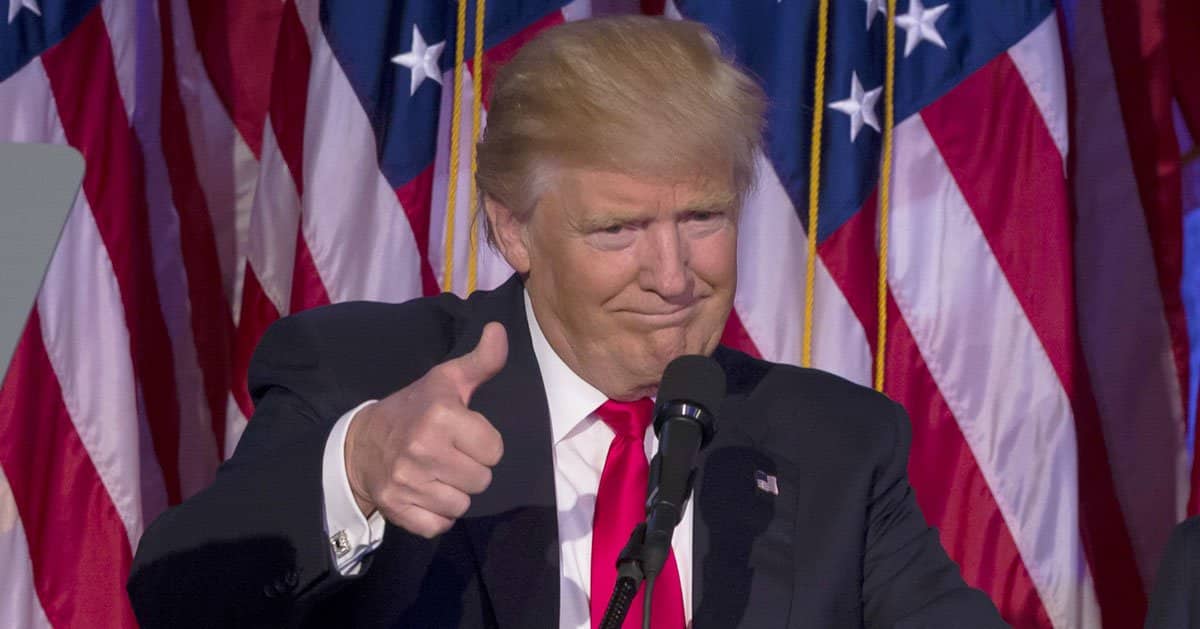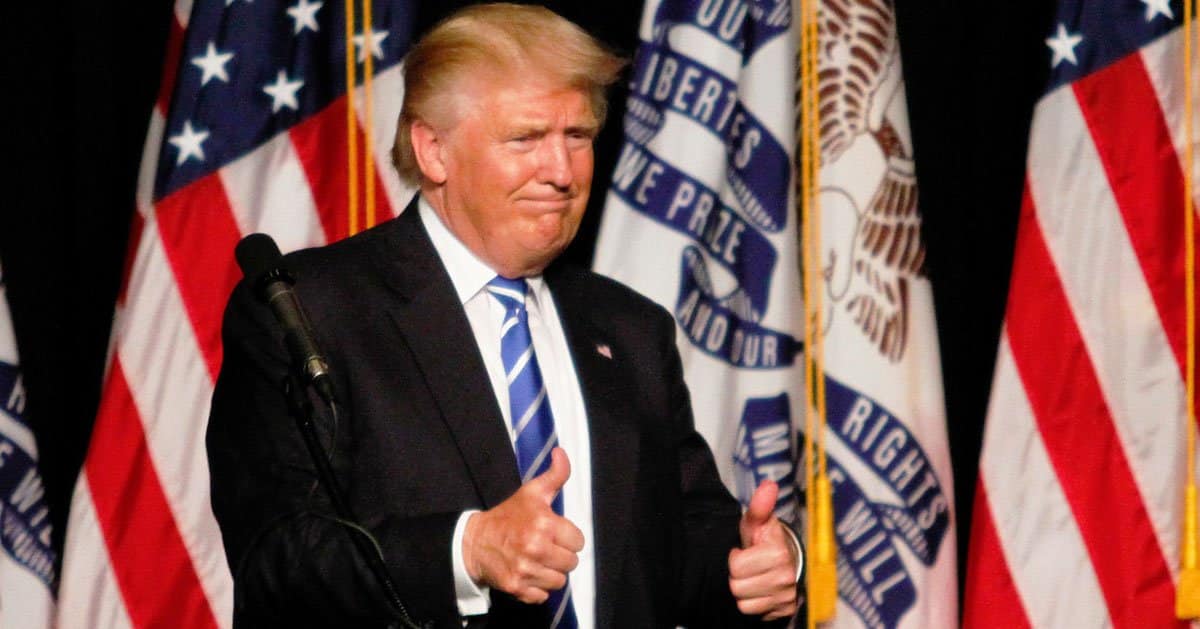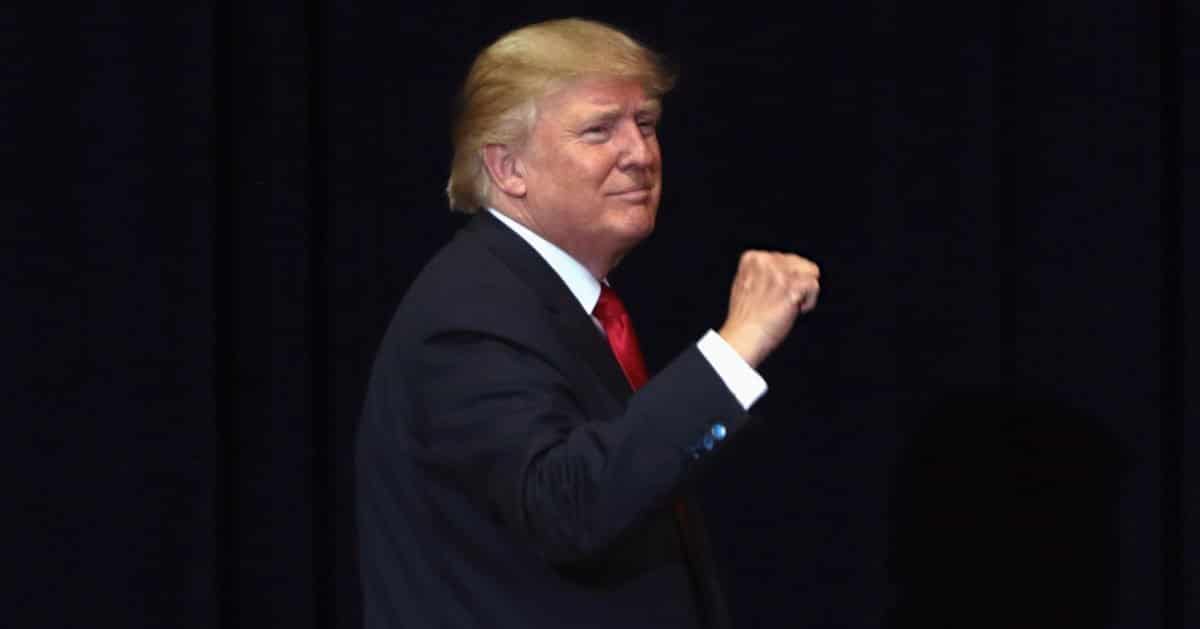








Evan Barker, once a dedicated fundraiser for the Democratic Party, has publicly denounced the party's approach to politics, criticizing its emphasis on celebrity endorsements and big donors. Barker's disillusionment culminated in a high-profile departure, marked by appearances on national media where she aired her grievances.
Fox News reported that in a stark revelation on "Fox & Friends" and a detailed op-ed in Newsweek, Barker articulated her estrangement from the Democratic Party, which she believes has lost touch with the core American populace.
Barker’s career as a Democratic fundraiser saw her generating substantial sums for the party over many years. However, her experience at the Democratic National Convention (DNC) last month, where Vice President Kamala Harris was nominated, left her feeling alienated. Barker described the event as dominated by elite figures disconnected from ordinary people's struggles.
Amidst the glitz of the DNC, Barker felt overwhelmed by the display of wealth and celebrity, which seemed to starkly contrast the reality of many Americans facing economic hardships.
"I've worked in Democratic politics a long time... I went to the DNC last month hoping to feel re-inspired, and instead, I just felt like I was in a room with the most out-of-touch and elite people in the world," Barker said.
The recent "Unite for America Rally" hosted by Oprah Winfrey and attended by Vice President Harris, exemplified the party's strategy of leveraging celebrity power.
The event featured a litany of stars like Jennifer Lopez and Chris Rock and was backed by numerous grassroots organizations. Yet, for Barker, this highlighted a deeper issue within the party—the prioritization of spectacle over substance.
Reflecting on the rally, Barker criticized the Democratic Party for what she perceives as a disconnection from the real issues facing Americans like her grandmother in Missouri, who struggles to make ends meet on a Social Security check amid rising inflation.
"They're just telling us basically that all we need to have is optimism and joy, and that's going to fix our lives," Barker lamented.
Barker's decision to leave the Democratic Party was not made lightly. Raised in a family of union workers and amidst Obama-Trump voters in the Midwest, she felt a deep betrayal by a party that seemed to cater more to affluent donors and celebrities than to its traditional base. "Donors are the actors who control everything, including the candidates' policy positions," she claimed.
Her public break with the party has not been without personal cost. Barker revealed that she has faced significant backlash for her outspokenness.
"I'm just at a point… I've been very brave the last couple of weeks, and I've gotten a lot of flak from a lot of people. And I'm just at the point where I can't stand it anymore, and I have to speak out," she shared.
The reliance on celebrity endorsements to galvanize support is a common strategy in modern politics.
However, Barker argues that this approach has particularly tainted the Democratic Party, which she accuses of hypocrisy. "They have become the party of Dick Cheney, of Goldman Sachs, of endless proxy wars, of identity politics," Barker expressed, indicating a shift from the party's historical roots.
Her critique extends beyond mere campaign strategies to a fundamental disagreement with how the party portrays itself versus the realities it creates.
Barker yearns for a political organization that addresses the pressing needs of the electorate, rather than one that obscures these issues beneath a veneer of celebrity-driven optimism.
As the political landscape continues to evolve, Barker's defection from the Democratic Party underscores a growing sentiment among some party members and former supporters. Her call for a return to genuine engagement with the needs of ordinary Americans poses a challenge to the party's current trajectory.
The implications of such high-profile criticisms are yet to be fully realized, but they certainly spark a conversation about the direction of the Democratic Party as it prepares for upcoming electoral challenges. Barker's voice has now become a part of a broader dialogue on the authenticity and priorities of America's political entities.



